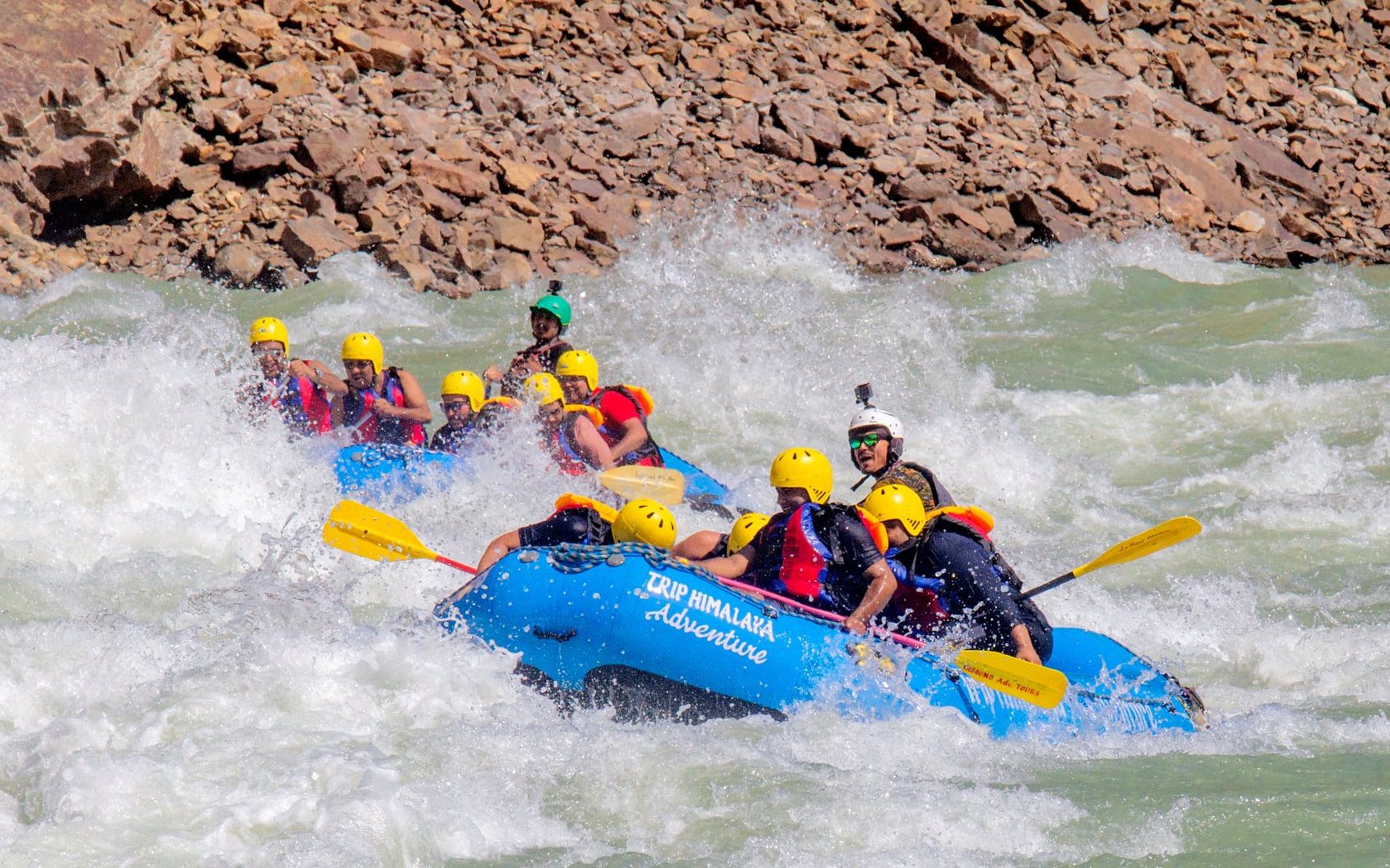Comfort and safety of our guests is our foremost priority and that drives our choice of the gear and equipment’s we carry on our treks and expeditions. We provide 4 season trekking tents on all our treks on twin sharing basis. Toilet tents, mess tents and kitchen tents are carried regularly wherever required. Porters or mules accompany us to carry group equipment’s depending on the area of expedition. We provide clean sleeping mats to all clients. On multi-day rafting trips, all the gear including client tents, crockery, stoves, sleeping bags etc. are carried on our rafts in dry bags. Toilets on river trips are the great outdoors. Tents are provided with sleeping mats.
We adhere to all the guidelines laid by the government of Uttarakhand, Ministry of Tourism and the forest department in our operations. There’s nothing quite like immersing yourself in the outdoors. Fresh air, captivating views, peace and quiet are no doubt invigorating. Wilderness, however, can be unpredictable and poses real risks too. No matter how experienced you are unexpected things can happen in a wilderness setting. While timely intervention is a life saver, response to any accident or mishap takes time. It is thus important to be prepared, take precautions and follow a rather conservative approach in terms of risk taking. When planning a trip we brief our guests about the route, situations, possibilities, risk factors and details of the safety measures available on the trip. This helps our guest take informed decisions and plan better. At Rewild we maintain high safety standards and keep ourselves prepared for the risks we may face while on the outdoors.












